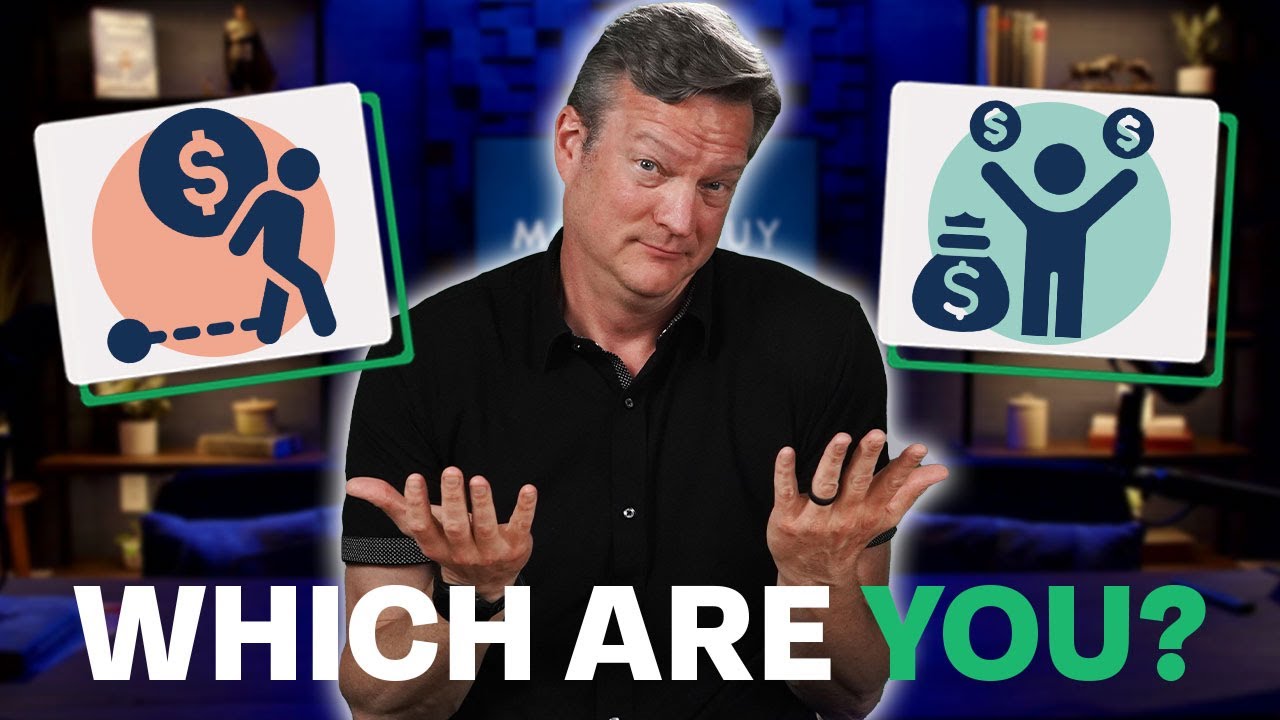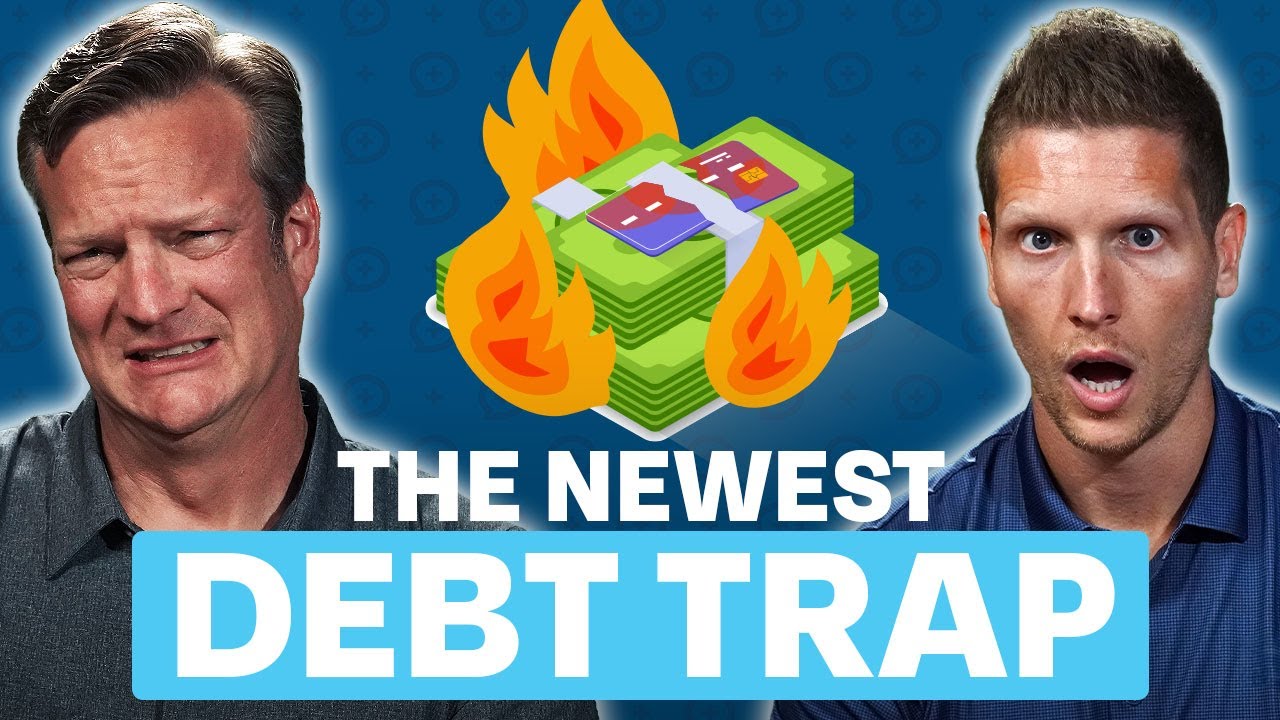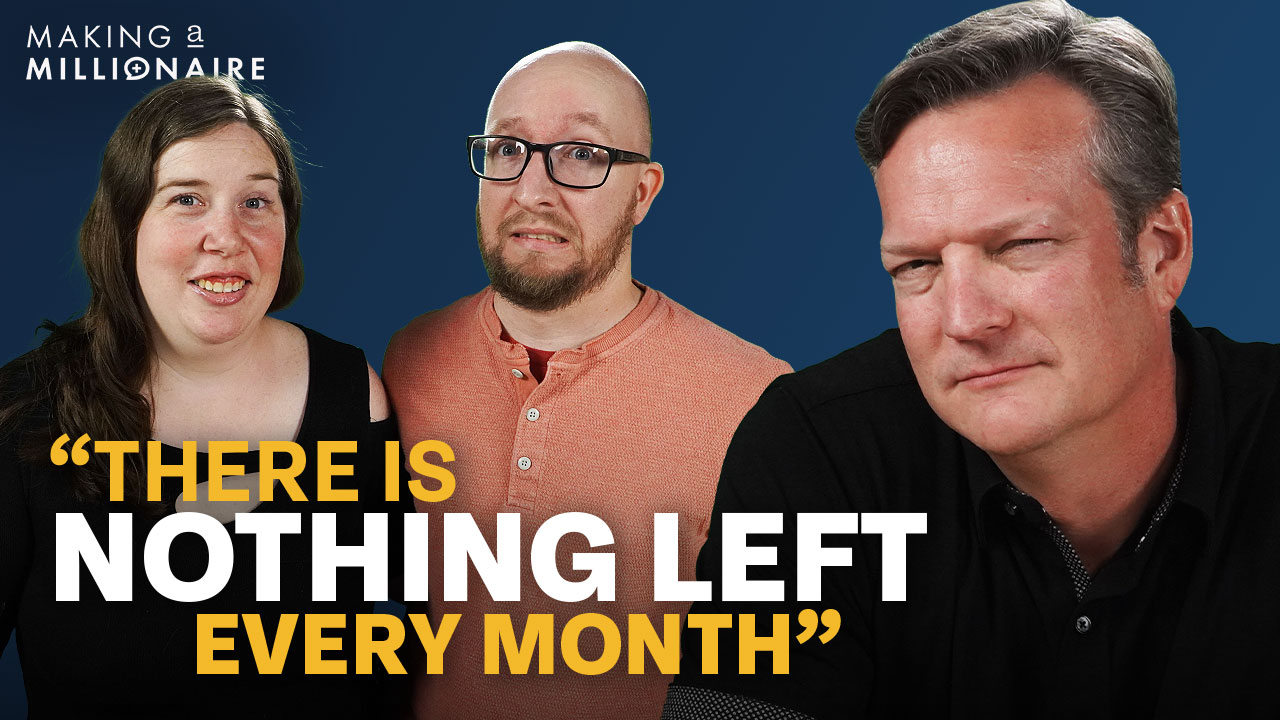Not all debt is created equal.
Whether or not you should prioritize paying down debt before investing for retirement largely depends on what type of debt you have.
Getting your employer match comes before paying off high-interest debt in the Financial Order of Operations, but contributing to other retirement accounts comes after your high-interest debt is paid off.
Download your free copy of the Financial Order of Operations here!
What counts as high-interest debt?
Credit cards, payday loans, and other similar types of consumer debt count as high-interest debt. Student loans count as high-interest debt if the interest rate is greater than 6% in your 20s, 5% in your 30s, 4% in your 40s, and at any interest rate at 50 and beyond, and auto debt should be paid down using our guidelines (put 20% down, pay off in 3 years or less, and keep the payment below 8% of gross income; luxury vehicles should be paid for in cash or paid off in one year).
When should I save for retirement before paying off debt?
Getting the employer match comes before paying off debt since you are essentially getting a 50% or 100% instantaneous return on your investment. Contributing to employer-sponsored accounts with no match, Roth IRAs, HSAs, and taxable brokerage accounts comes after paying off high-interest debt, but before paying off low-interest debt like certain student loans and mortgages.
We discuss different types of debt, and the financial implications of choosing to prioritize debt before investing, in this episode of The Money Guy Show:
Video: If You Don’t Follow This Financial Advice, It Could Cost You MILLIONS!












